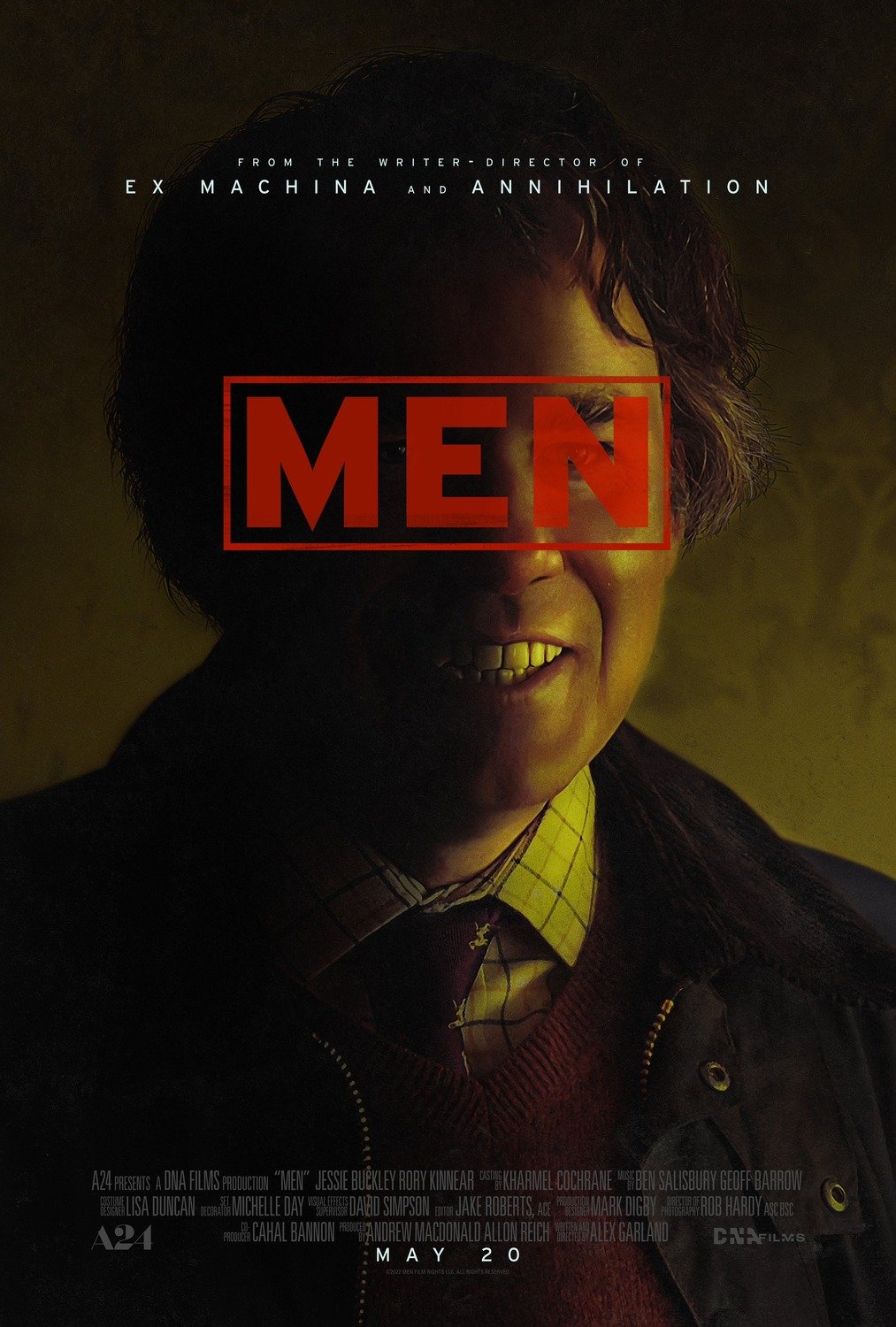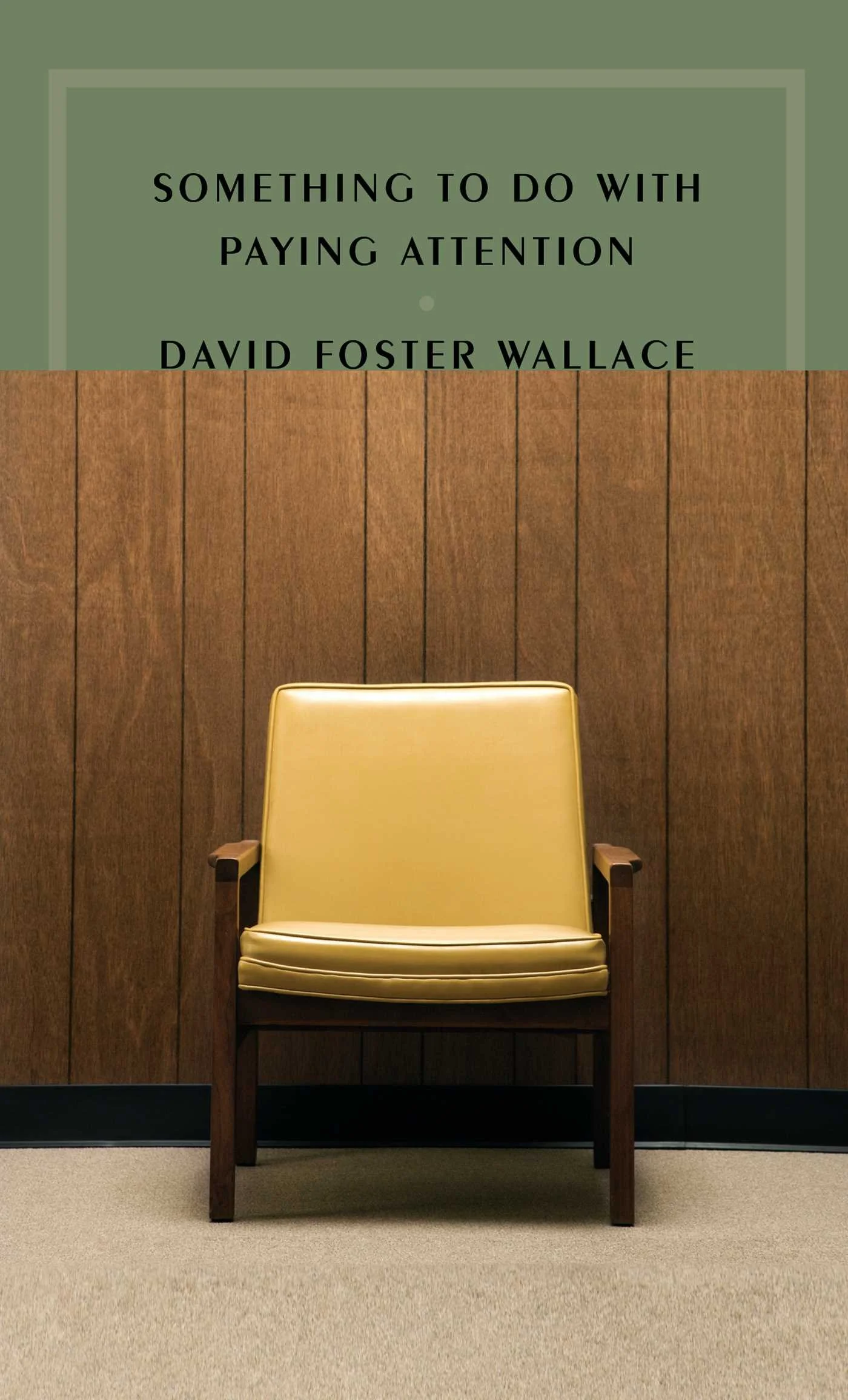The Part that isn't Wrestling at all
My parents have tried to dissuade me from watching pro wrestling since the very beginning.
Their arguments weren't original or convincing: you know it's fake, right?, Why are you so interested in grotesque men in neon coloured spandex tights? That sort of stuff. You've also heard them a thousand times if you've ever been caught watching RAW.
Now, I believe any wrestling fan will agree that for as long as it existed, no one ever watched wrestling solely because of the wrestling itself. Physical confrontation are a part of the overall performance, but isn't THE performance in itself. Pro wrestling is, by nature, a form of storytelling. The last remnant of classic greek theatre in contemporary society. Now, I've been paying more or less attention to WWE over the years depending on who was getting a push, but the work of one man never failed to fascinate me.
Bray Wyatt is a solid wrestler in the ring, but he isn’t Shawn Michaels-level of eye-catching. He’s a big, lumbering figure who’s quite agile and athletic for his size, but most of his game happens on the ground. He has little to no flying stuff in his arsenal. But Wyatt is the total package and has been a fan favourite for a decade. Why? He's mastered better than anyone else the part of pro wrestling that isn't wrestling at all. Bray Wyatt is the most original and creative storyteller to ever bless this business.
Since this site is dedicated mostly to different forms of storytelling, let's examine the craft of one of the last great oral and physical storytellers in the world.
The Wyatt Family
I'm not going to discuss Bray Wyatt's first gimmick Husky Harris in this essay because it was merely an instance of a young wrestler who hadn't found his creative voice yet. No, the story of Bray Wyatt begins in NXY in 2021 when he came up with the identity we know himself for today. The first iteration of Bray Wyatt was a cult leader and a backwoods boogeyman who used fear to gain a psychological edge on his opponents. Not just fear itself as a concept, but rather what they were personally afraid of.
At that time, Wyatt was already a sophisticated villain for the WWE, but this character would merely become a canvas for the evolutions that were begging to blossom. In 2014, he most notoriously feuded with John Cena by preying on his insecurities regarding his good guy character. Although Wyatt indulged in horror stereotypes like darkness, ghosts and whatnot, he was already showing signs of a rather unique talent: deconstructing character. Finding the hidden cracks in another wrestler's identity.
This first Bray Wyatt was a young man who rejected society. Who found solace and ultimately power by embracing his inner darkness instead of trying to be like the others. Its biggest strength was that it was relatable. Although his character was the most sophisticated on the roster, Bray Wyatt never really received the push he deserved. He became champion once after beating another favourite of mine Randy Orton in 2017. The character disappeared from the screen in 2018 after a brief babyface run.
Firefly Funhouse and The Friend
This is where it starts being captivating to even non-wrestling fans. The following spring, a leaner, seemingly healthier and more clean-cut Bray Wyatt emerged as a television host for a children show. Wide-eyed and all-smiles, this iteration of the character inherently promised that he wanted to reintegrate society and play a role. The support cast of the Firefly Funhouse told another story. Grotesque puppets named Abby the Witch, Mercy the Buzzard and whatnot were callbacks to his past failures.
So, there was this guy claiming he wanted to be better and do better, surrounded by his own hauntings. There was a latent tragedy to these promos. Wyatt was either lying to us or something absolutely fucked up was about to happen. The latter revealed to be true when Wyatt's new in-ring character The Fiend was revealed. Haunted by his multiple failures to become a top player in the WWE, Wyatt's consciousness had fractured in two. A polite, affable, family-friendly young man and a vicious demon.
What made this iteration of Bray Wyatt so much more relatable than the first is that by changing attitudes like this, he inherently blamed himself for his past failures and attempted to take responsibility for them. But the only thing it achieve was to channel his inevitable inner darkness into something more pure. The Fiend didn't need social validation. It didn't even talk. Another relatable aspect of this character is that this radical transformation was his attempt to take responsibility for his career.
It worked on both ends of kayfabe. In fiction and in reality.
The most important part of the character, in my opinion was the tagline : let me in. It’s how its relatability was explored on screen. We all compose ourselves every day to provide society with something acceptable. We all put a happy mask on. Let me in was and invitation to get behind the mask and into someone's mind. Everyone has a fiend to let in and like it was indicated on Bray Wyatt’s gloves, its function is both to hurt and heal. Destroy the others to restore one’s integrity. It's some complex shit.
Unfortunately, the character was too good to be true and was profoundly mishandled in booking. The less you saw The Fiend, the more efficient he was and Wyatt’s creation was plastered all over television in the following months, painting it into a creative corner it could not get out of. He was either going to come up too little or too often because The Fiend was almost too good of a character to be a functional wrestler. It was something only meant to last a little while and it just went away like a bad dream.
The Bray Wyatt of Now
On October 14th, Bray Wyatt came back to the WWE, almost a year and a half after The Fiend was written off screen. It was done in his trademark dramatic fashion with a lengthy, theatrical promo at the very end of the Extreme Rules pay-per-view where the Firefly Funhouse puppets came to life.
Here's the craziest thing about this latest, perhaps final form of Bray Wyatt: he looks closer to his real life self than he’s ever been. He looks the closest thing to a normal guy that he can look. He doesn't dress funny. He doesn't try to perform redemption like he did with his Fiend-era Mr. Rogers gimmick. Wyatt clearly adopted a less-is-more philosophy for this new character and relies more on his acting skills and promo delivery to communicate the fact that something is oh-so-fucking-wrong with him.
What is it exactly? We don't know yet. He's been visited by a character named Uncle Howdy during a promo who babbled a whole lot of nonsense about killing the world, but otherwise it's only been good ol' Bray and his demons. Halfway being grateful (in and out of kayfabe) about being "granted another chance" and halfway claiming that he's stop apologizing for being the way he is. He'd take control of it. The point of this weeks long deployment of this character? Well, it's fucking mysterious, isn't it? It's part of the fun.
It seems to me like Bray reintegrated the personality split that lead to the Fiend era. Both a Bray that wants to serve a greater purpose and the savage, otherworldly beast inhabit the same mind now. I love how once again he repurposed old props and changed their meaning. He still walks to the ring with his old lamp even if he isn't the backwoods boogeyman anymore. It has more of a symbolic significance now. Bray has become a beacon of truth and meaning in a world of oppressive darkness.
What is this gonna be about? I don't know, but there's probably a complex and engaging mythology behind the character once again and I’ll be there for it. Hopefully the WWE lets Bray be Bray this time, because he is outdoing himself with clever and unique storytelling about a man making peace with the worst part of himself and becoming ready to serve the inner darkness that has been his only reliable companion all these years. This is what’s great about pro wrestling storytelling. It’s never really over.
It just keep going. So does Bray Wyatt.






